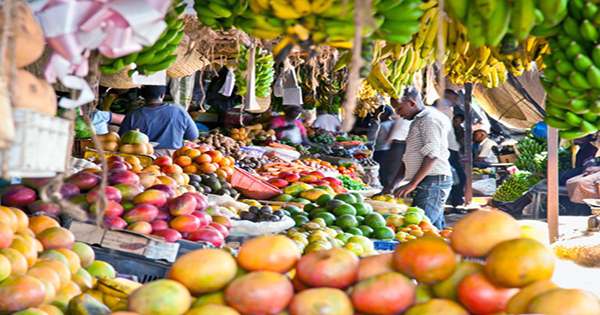Agritech Company established in Kenya By the end of 2022, Apollo Agriculture, which assists farmers in obtaining high-quality agricultural supplies, finance, and markets, wants to treble the number of farmers it serves and launch new products that give greater value per acre of land. This comes after the equity round headed by Softbank Vision Fund 2 raised $40 million in Series B fundraising. Apollo assesses farmer creditworthiness using satellite photography data and artificial intelligence. It intends to use the extra funds to improve its technology and provide farmers with more goods and services. The firm, which was founded in 2016, works with a network of agents to attract farmers and merchants to its platform.
“We are continuing to invest in growing rapidly, servicing more farmers, helping them grow their acreage, and really hitting the accelerator on the business,” Apollo Agriculture co-founder and CEO Eli Pollak told TechCrunch about their areas of concentration. As a result, there will be both sustained development in Kenya and expansion into other markets.” The agricultural technology company is looking for new business prospects in East and West Africa.
“We’re also working on goods that provide more value per acre.” That may be new crops that allow consumers to generate more money,” Pollak, who co-founded Apollo with Benjamin Njenga and Earl St Sauver, explained. Apollo began by assisting maize farmers, but it has now expanded its emphasis to include other high-yielding crops.
“We started with maize. Maize isn’t ideal, but it does have one major advantage: practically every farmer in East Africa plants it. “This offers us a platform where we can win the trust of farmers and deliver value right now,” he explained. “We feel that the best method to transition from subsistence farming to farming as a company is to work with that farmer and use our machine learning algorithms to identify the farmers who are most likely to graduate to higher-profitability crops.”
Apollo had worked with 100,000 farmers by the end of last year, with intentions to quadruple that number by the end of this year. It has a nationwide network of “over a thousand” merchants and 5,000 agents. Farmers are signed up for the Apollo platform via the agents, while retailers utilize the startup’s “checkout app” to manage point of sale, inventories, wholesale purchases, and trade credit.
Apollo has expanded tenfold since the closing of a $6 million series A in 2020, according to Pollak, thanks to product financing. About the years, the agritech has received over $16 million in loan finance for forward lending. Insurance is one of Apollo’s offerings, which is provided through its partners, notably Pula, a Kenyan insurtech.
“We built our business to enhance farming systems, and when it comes to climate change, we package insurance with every credit we offer to safeguard the borrower,” Pollak added. The Chan Zuckerberg Initiative, Yara Growth Ventures, Endeavor Catalyst, CDC, and current investors Anthemis Exponential Ventures, Flourish Ventures, Leaps by Bayer, SBI, Breyer Capital, and TO Ventures Food all participated in the newest fundraising round.















